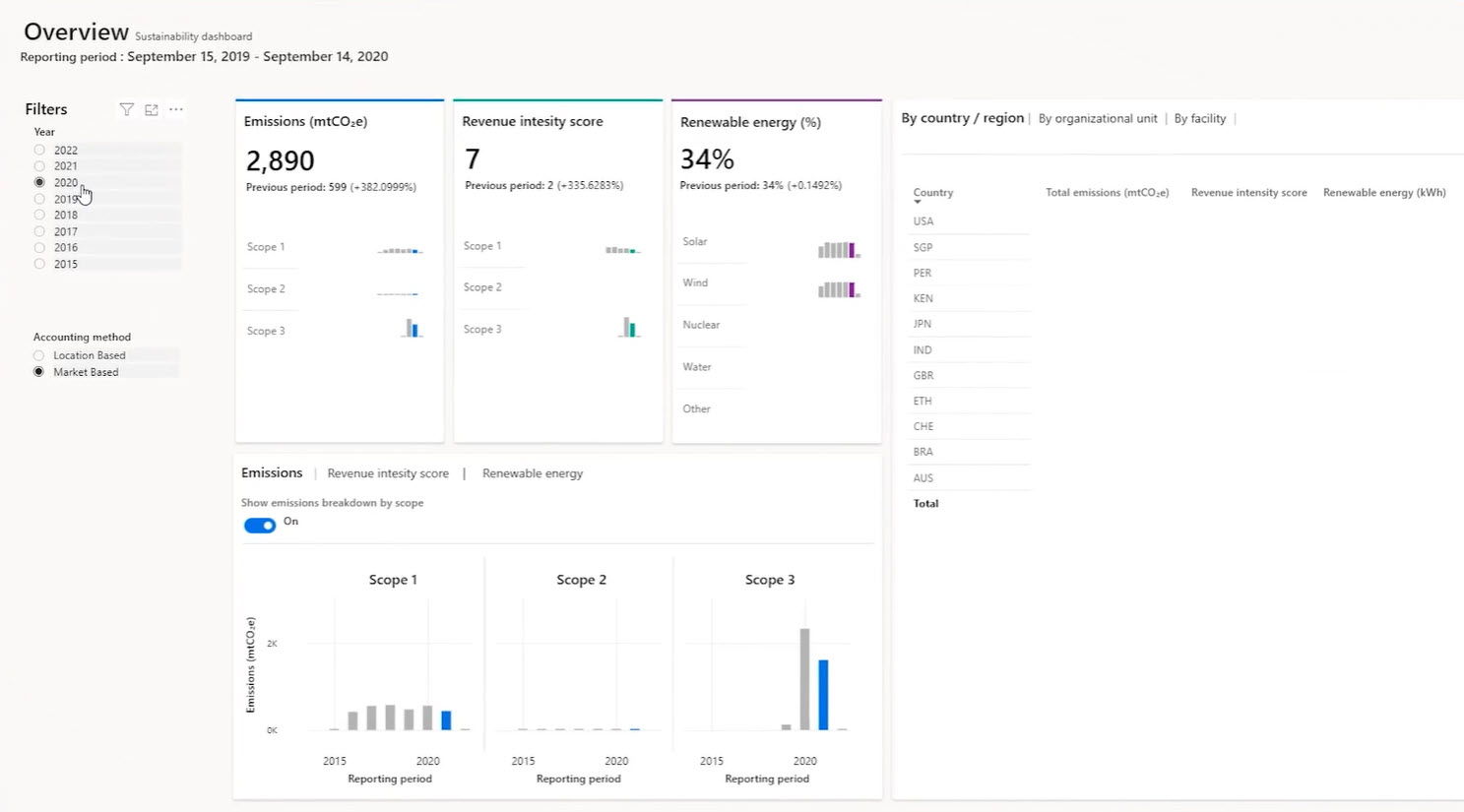In recent years, environmental, social, and governance (ESG) reporting has become increasingly important for businesses. ESG reporting is the disclosure of data covering business operations related to the ESG aspects of a business. This type of reporting can be a key driver of corporate strategy and for attracting investors, customers, and talent. Yet determining what ESG information and indicators to report continues to be a challenge for many organizations.
Organizations need accessible, centralized data to inform the high-stakes decisions that are required to address complex issues, weighing both financial and non-financial criteria to direct resources toward initiatives that balance growth and impact.
Enterprise resource planning (ERP) systems can play a significant role in facilitating ESG reporting by automating data collection and analysis. ERP systems can sync various business functions, such as finance, operations, supply chain management, and more, into a single system. This allows for seamless data sharing and analysis, which can help strengthen ESG reporting.
Modern ERP software can support business agility. For example, Microsoft Dynamics 365 Supply Chain Management offers dashboards and artificial intelligence (AI)-driven insights that give an overview of an organization’s operations and supply chain. An ERP system also can help provide a single source of truth for financial and nonfinancial data, which can consolidate data from across the organization. This can include data on energy consumption, waste generation, emissions, and other sustainability metrics.
Further, to help organizations accelerate their sustainability progress and business growth, Microsoft introduced the Microsoft Cloud for Sustainability in June 2022. The cloud-based tools available in this portfolio can integrate with Dynamics 365 Supply Chain Management to help track ESG performance. For instance, organizations can use these tools to help manage their environmental footprint more effectively by identifying emissions sources in the supply chain and tracking progress of reduction efforts.
These integrated capabilities can help organizations accurately capture ESG data and create new value in a transforming business landscape. According to Microsoft, when ERP and ESG tools are connected, they can help organizations:
- Unify data intelligence: Gain the visibility required to effectively drive ESG reporting, sustainability efforts, and business transformation.
- Build a sustainable IT infrastructure: Identify opportunities to replace tools, systems, or activities with more sustainable options and add business value.
- Reduce the environmental impact of operations: Lessen the environmental footprint of your operational systems and processes.
- Create sustainable value chains: Facilitate greater transparency and accountability through the value chain, from sourcing materials through end of use.

In addition to facilitating ESG reporting, ERP systems also can help businesses achieve greater efficiency and cost savings. By integrating various business functions, an enterprise-level ERP system can help eliminate duplicate data entry, streamline workflows, and reduce the need for manual intervention. By automating data collection and analysis, the risk of errors can be diminished and data integrity can be improved. This is critical for meeting regulatory requirements and gaining the trust of stakeholders, including customers, investors, and employees.
However, to fully leverage the benefits an ERP system can contribute to ESG reporting, an organization needs to check that data is consistently updated, detailed, and accurate. This requires collaboration among business functions, such as operations, finance, procurement, human resources, and ESG. A lack of consistency could yield conflicting insights across ERP modules. An ERP system can help mitigate risk by providing validation mechanisms, such as audit trails and data quality checks. To help support data integrity, control processes to review data inputs should be applied.
In conclusion, an ERP system like Dynamics 365 Supply Chain Management with Microsoft Cloud for Sustainability can help organizations automate ESG data collection and analysis to streamline ESG reporting. By providing a single source of truth for financial and nonfinancial data, ERP software can help organizations consolidate data and track ESG progress. To fully leverage the benefits than an ERP system can contribute to ESG reporting, organizations should keep their systems and data up to date. With consolidated, reliable data, an organization can build a solid ESG report and trust with stakeholders.
How Forvis Mazars Can Help
The Business Technology Solutions team at Forvis Mazars can assist you with unlocking value through digital transformation. Forvis Mazars is a Microsoft Dynamics Gold Partner and 2022-23 recipient of the Microsoft Inner Circle Award. We provide analysis, design, implementation, upgrade, training, and support services for Microsoft Dynamics business applications.
If you need assistance with emissions inventories or ESG best practices for supply-chain management, the ESG & Climate Risk practice at Forvis Mazars can assist. From starting up an ESG program to preparing for changes to ESG standards and stakeholder expectations, going it alone can be difficult. Our professionals can meet you where you are at to guide the process, helping you understand the different options you have to reach your ESG goals.
Use the Contact Us form to get in touch.
